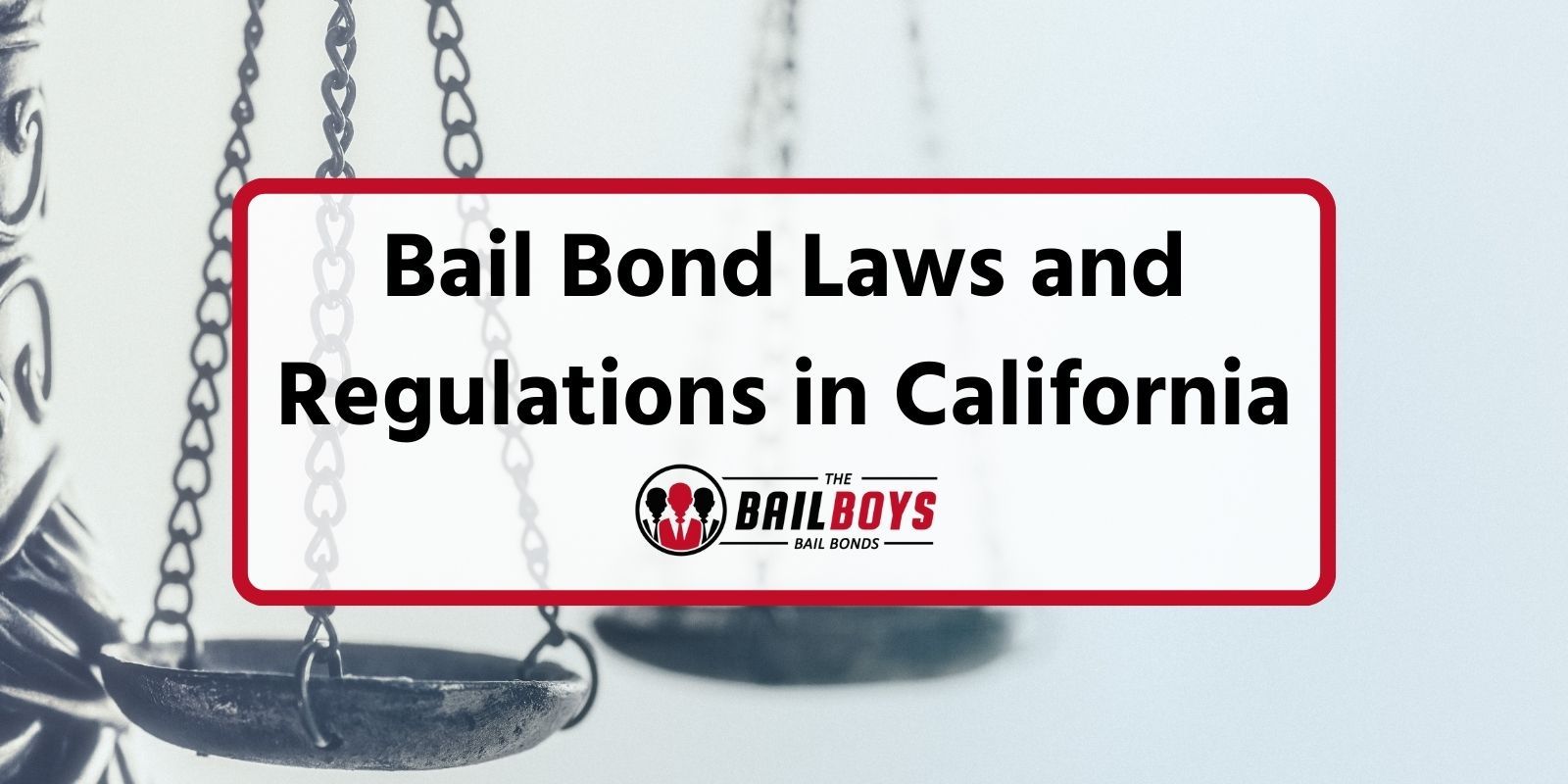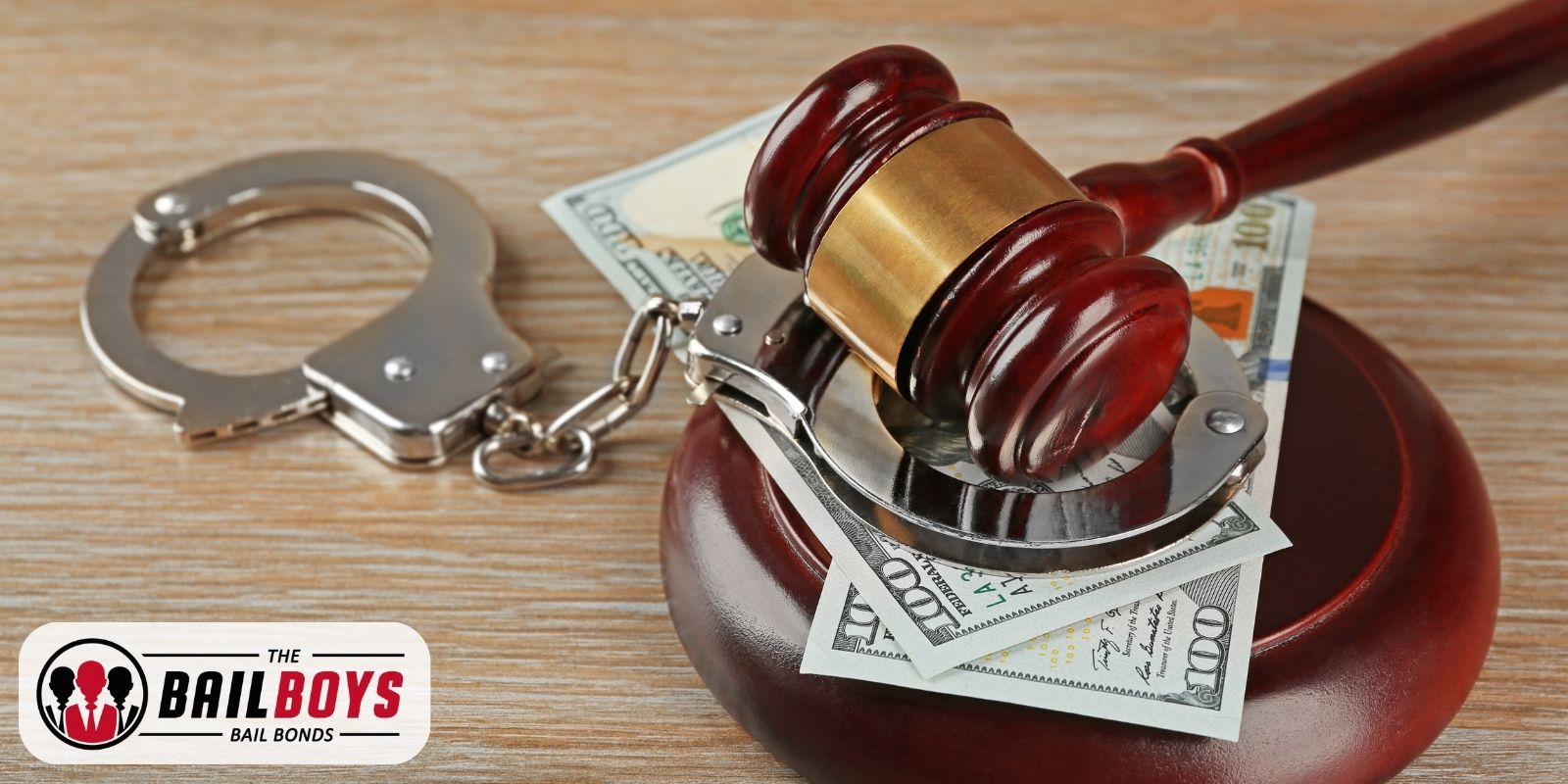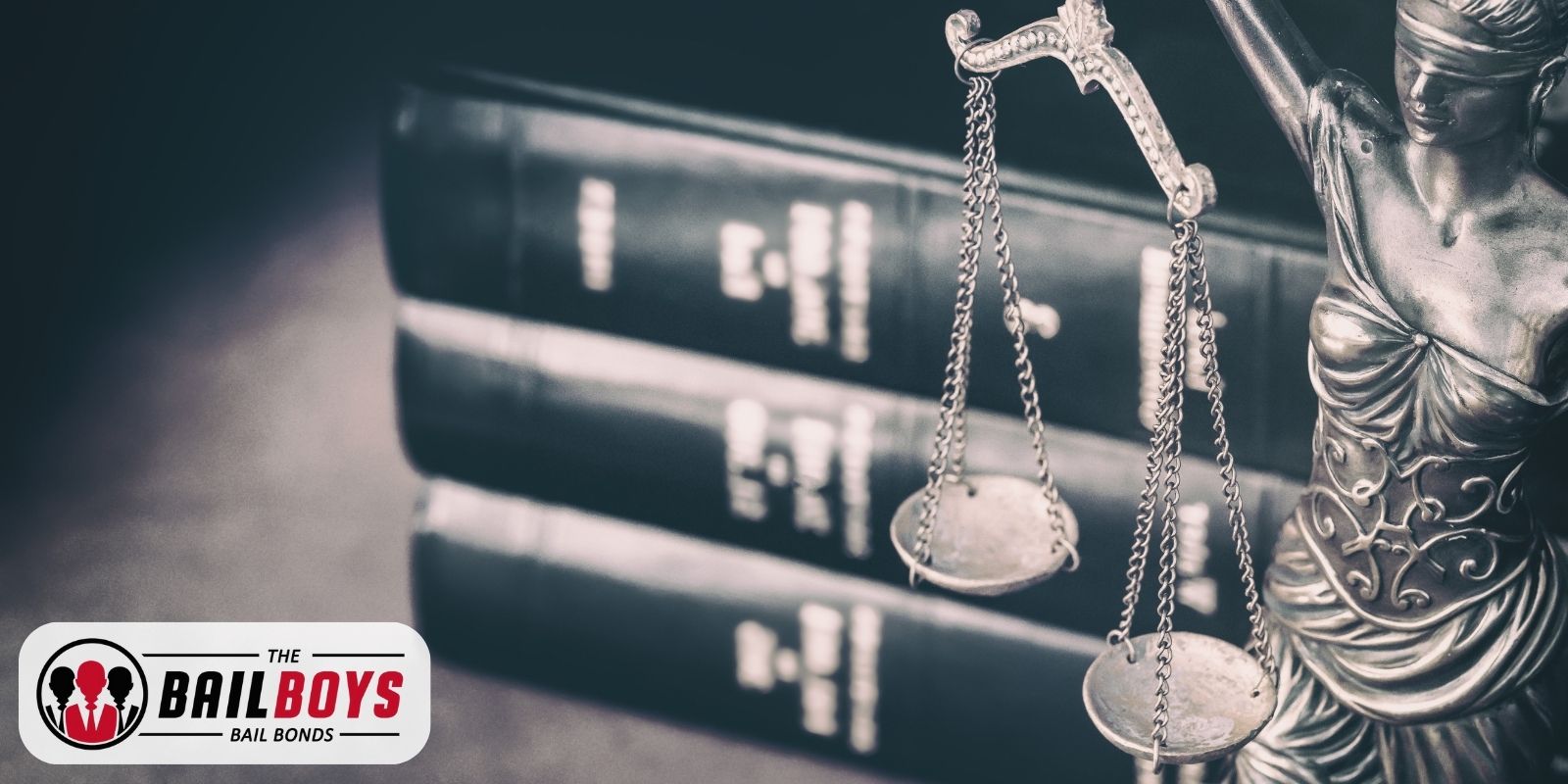
California Bail Bond Laws and Regulations
Bail bonds are an important part of the United States Legal system. An individual charged with a crime can secure their release from custody by posting bail while awaiting trial.
The role of bail bonds is to uphold the integrity of the judicial system by ensuring defendants appear in court as scheduled and safeguarding the rights of individuals charged with crimes to a fair trial process.
To effectively navigate the legal system, a good understanding of the bail bond system is essential to helping you make informed decisions throughout the bail process.
In this article, we will provide you with a comprehensive understanding of the bail system and its associated laws. By the end, you will have the knowledge you need should you or a loved one ever find yourself in a situation that requires a bail bond in the state of California.

Understanding Bail Bond Laws in California
Bail is the monetary amount determined by a judge in court during a bail hearing that a defendant has to pay to secure a temporary release during the trial and the period leading to the trial. It serves as a guarantee that the defendant will appear in court for all court proceedings.
When a defendant fails to appear in court, the bail money is forfeited. In some jurisdictions, failing to appear in court is a criminal offense, and an arrest warrant may be issued for the defendant.
Several factors determine whether the defendant will be issued bail and how much the bail amount will be.
How Bail is Determined & Processed
The judge determines the bail amount based on factors like the nature and severity of the crime, the defendant’s criminal history, the defendant’s flight risk, and the defendant’s community ties. However, the more severe the crime, the higher the bail amount.
A bail bond, on the other hand, comes in when a defendant cannot afford the full bail amount set by the judge during a bail hearing. The defendant at this point might seek a bail bondsman.
A bail bondsman, also known as a bail agent, provides a financial agreement to the defendant to secure their release from jail for a non-refundable fee, usually a percentage of the bail amount.
Overview of California Bail Bond Laws & Regulations

The California bail bond system is an intricate system that requires the defendant to not only understand the complexities of the bail bond system but also to have a qualified attorney who will help the defendant make informed decisions. A licensed bail agent is also essential for the defendant to successfully post bail.
Types of Bail Bonds You Can Utilize
Generally, in California, there are three types of bail a defendant can issue to the court.
- Cash Bail: In cash bail, the defendant or a member of their family pays the full bail amount set in cash. The cash is returned once all court appearances are fulfilled.
- Bail Bond: In cases where a defendant is unable to pay the full bail amount, the defendant seeks out a bail bond agent who enters into a financial agreement with the court to pay the full bail amount should the defendant forfeit court. The bail agent charges a non-refundable fee, which is typically 8 to 10% of the bail amount.
- Property Bond: This is when the defendant or their family members provide property to serve as collateral and secure their release. The property must be worth two times more compared to the bail amount.
The bail amount in California generally ranges from $10,000 to $100,000 and is set in the bail schedule.
In the California penal code section 1275, several factors come into play when determining the bail amount.
The nature of the crime, the severity of the crime, If the defendant is a flight risk, The community ties of the defendant, the criminal history of the defendant, and if the defendant poses a risk to the victims and the witnesses in the case.
The Bail Bond Process in California

Here is a step-by-step breakdown of the Bail bond process in California.
Arrest and booking are the first steps. The accused individual is detained by law enforcement and proceeds to the booking process, which entails conducting a background check, documenting personal information, and taking fingerprints.
The defendant is then arraigned in court for a bail hearing. In the bail hearing, the judge decides whether or not the defendant should be granted bail and how much the bail amount will be if granted bail.
Once the bail amount is set by the judge, If the defendant cannot pay the cash bail in full, They seek the services of a bail agent. The bail agent proceeds to post bail on the defendant’s behalf for the defendant to be released.
The bail agent typically charges a non-refundable fee of 8 to 10 percent of the bail amount. They also assume the responsibility of ensuring the defendant shows up in court. Some bail bond companies have alternative payment plans, such as offering no-money down bonds or options like a $500 down bond.
After the bail is posted, it can take from a few minutes to several hours for the defendant to be released. There is no specific time frame for when an individual can be released after bail is posted.
A release on bail bond essentially should last between 90 to 120 days. A bail bond release however is generally supposed to last until the period the trial starts.
Potential Consequences of Skipping Bail

Skipping bail is when a defendant fails to show up to court without the court’s permission or a valid reason after a bail release. It is also known as “jumping” bail.
The consequences of skipping bail are quite severe. Jumping bail can be considered a criminal offense based on the defendant, and an arrest warrant may be issued.
Also, bail agents who have a bail bond with the court might hire the services of a bounty hunter to find the defendant and apprehend them for skipping bail. The bail agents end up paying the full bail amount when the defendant skips bail.
The bail amount the defendant or a family member paid is forfeited when the defendant fails to show up for court proceedings. This means there might be a potential loss of property or a significant amount of cash bail.
Skipping bail can potentially hurt the defendant’s trial. Especially when it is ruled out as a criminal offense. The defendant might end up facing additional charges on top of the initial crimes and might even be at risk of potential imprisonment.
Laws & Regulations for Bail Bond Agents in California.
A bail bondsman is a major component in the bail bond process. That is why having a licensed bail agent who follows all the regulations can potentially determine whether a defendant is released on bail.
In California, bail bond agencies are required to fulfill some requirements before being issued licenses. A bail agent license can be issued to either an individual or a corporation.

Bail Agent Licensing Requirements in California.
The requirements for an individual to get a bail bond agent license include:
- The individual must be a resident of California.
- The individual must be 18 years of age or older.
- They must have completed at least 20 hours of prelicensing classes and passed the required examination.
- The individual is required to pay a non-refundable fee of $622 for a two-year license.
- The individual is required to submit several documents along with their fingerprints in the application.
For corporations, some requirements may differ from those of an individual. Here is what corporations need to get the license.
- The business location must be in California.
- Even though the license is for the corporation, each officer and employee is required to hold an individual bail agent license.
- Also, just like for the individual license, a non-refundable fee of $622 is required for a two-year license application.
- Any change in the corporation for stockholders and officers must be submitted on a form to the California Department of Issuance (DCI).
Once a bail bond agent, also known as a bail bondsman, acquires their license, there are a few other requirements and regulations they need to adhere to in order to be in compliance with the California Department of Issuance (DCI).
Ethical conduct: There are ethical codes of conduct that bail bond agents need to adhere to to ensure fair treatment of individuals who seek their services and maintain confidentiality.
Fee regulations: The CDI sets the maximum allowable nonrefundable fee that bail bonds can charge a defendant.
Financial requirements: Bail bond agents may be required to demonstrate financial stability to meet the financial obligations that come with the bail bond system, which is the payment of the set bail amount if the defendant skips bail.
Reform and Criticism of Bail Bond Laws in California
The report on the California Bail System issued by Commissioner Dave Jones after a hearing held on January 31st, 2017 came up with a few recommendations for the California Bail System.
In the recommendation report, 62% of California’s county jail population is made up of individuals awaiting trial or sentencing. Also, California bail schedules are among the highest in the nation, and many defendants cannot afford bail.
Recommendations in the report.
Re-examining the California bail schedules, California’s median bail rate is 5 times that of the rest of the country according to the report. reexamining the bail schedules will help a lot more individuals be in a position to post bail.
Embracing the use of own recognizance release and moving away from the cash bond system is also another recommendation in the report since cash bail in California has proven to be a huge hindrance to a defendant’s possible release on bail.
It’s also worth mentioning that California voters passed Proposition 25 in 2020, which would have replaced cash bail with a risk assessment system. However, as of the most recent updates, the law is on hold due to a referendum. Hence, the cash bail system continues to be in effect, and defendants can continue to post bail for felony charges.
Need Help Navigating the Laws & Regulations of California Bail Bonds?
Bail bonds uphold the integrity of the judicial system by ensuring defendants appear for court proceedings after a bail release. Understanding the California Bail bond system is crucial for anyone in the process of acquiring bail.
It is essential for a defendant to seek a licensed bail agent by the California Department of Issuance. The bail agent should also adhere to the regulations set by the CDI.
Skipping bail subsequently can have severe consequences including potential arrest and additional charges.
There has been several recommendations on the bail bond system in California and one of the main change recommended is exploring alternatives to cash bail to reduce the percentage of individuals in county jail awaiting trial.
If you ever find yourself in a situation that requires bail in California, first seek the services of a reputable bail agent, They will guide you through the intricacies of the California bail system and will eventually help you secure your bail release or that of your family member. In order to speak with one of our bail bondsman, contact us today.


